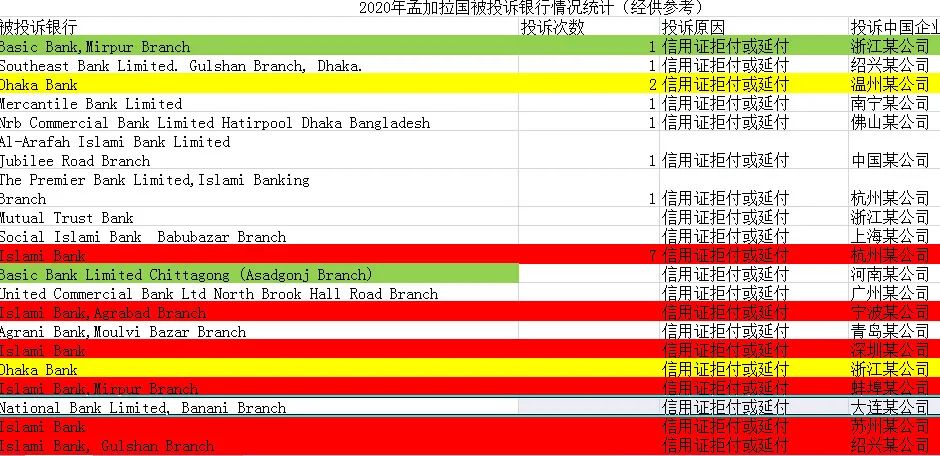Among South Asian countries, Sri Lanka is currently experiencing its worst economic crisis since 1948. But it is not alone. Countries such as Pakistan and Bangladesh also face a high risk of currency bottoming, currency devaluation and rampant inflation.
Today, let’s talk about South Asia’s recent “manipulation” of imports from Bangladesh.
In a regulatory order (SRO) issued recently by the Bangladesh National Revenue Authority (NBR), the document states:
Bangladesh has imposed a 20% Regulatory Duty on more than 135 HS coded products since May 23 to reduce imports, relieve pressure on foreign exchange reserves and curb volatility in the foreign exchange market.
According to the document, the products are divided into four main categories, including furniture, cosmetics, fruits and flowers. Among them, furniture category includes applicable to office, kitchen and bedroom wooden furniture, plastic furniture, metal furniture, rattan furniture, furniture parts and a variety of furniture raw materials.
Currently, according to the tariff details of Bangladesh Customs, a total of 3408 products are subject to import supervision duty at the import stage. Officials in the country say it has imposed hefty tariffs on items classified as non-essential and luxury goods.
On May 25, Bangladesh’s foreign exchange reserves stood at $42.3 billion, barely enough to cover five months of imports — well below the safety line of eight to nine months.
So they want to keep pushing.
Making the “Made in Bangladesh” brand globally competitive was an important part of the budget announced on June 9 for the 2022-23 fiscal year.
Major import control measures include:
1. Impose a 15% VAT on imports of laptop computers, bringing the total tax rate on the product to 31%;
2. Substantially raising import taxes on automobiles;
3. 100% surtax on imported four-stroke motorcycles and 250% surtax on two-stroke motorcycles with engine capacity over 250cc;
4. Abolish tariff preferences for imports of Novel Coronavirus test kits, special types of masks and hand sanitizers.
In addition, Bangladesh’s banks have imposed hefty margins on letters of credit (L/C) for imports of luxury goods and non-essential items to curb a surge in import payments as foreign exchange reserves have fallen. According to the central bank’s order, importers of cars and home appliances are required to pay 75 percent of the purchase price in advance as a deposit when opening letters of credit, while the deposit rate is set at 50 percent for other non-essential imports.
Foreign traders in Bangladesh know that l/C is an unavoidable obstacle. According to the relevant regulations of foreign exchange management of Bangladesh Central Bank, except in special cases, the payment for import and export must be made by bank letter of credit.
There are two kinds of l/C in the world, one is L/C and the other is L/C for Bangladesh.
Bangladesh commercial bank’s credit is generally poor, many irregularities of the issuing bank, in the company of Bangladesh export business in China, often encountered in without l/c discrepancies of d/p at sight, delay the payment time, or in the case of the customer did not go through the formalities of payment down, customer pick up the goods or to lodge a claim on quality exporters, after watching the goods prices forced to exporters, Lead to economic losses.
Post time: Jun-27-2022


